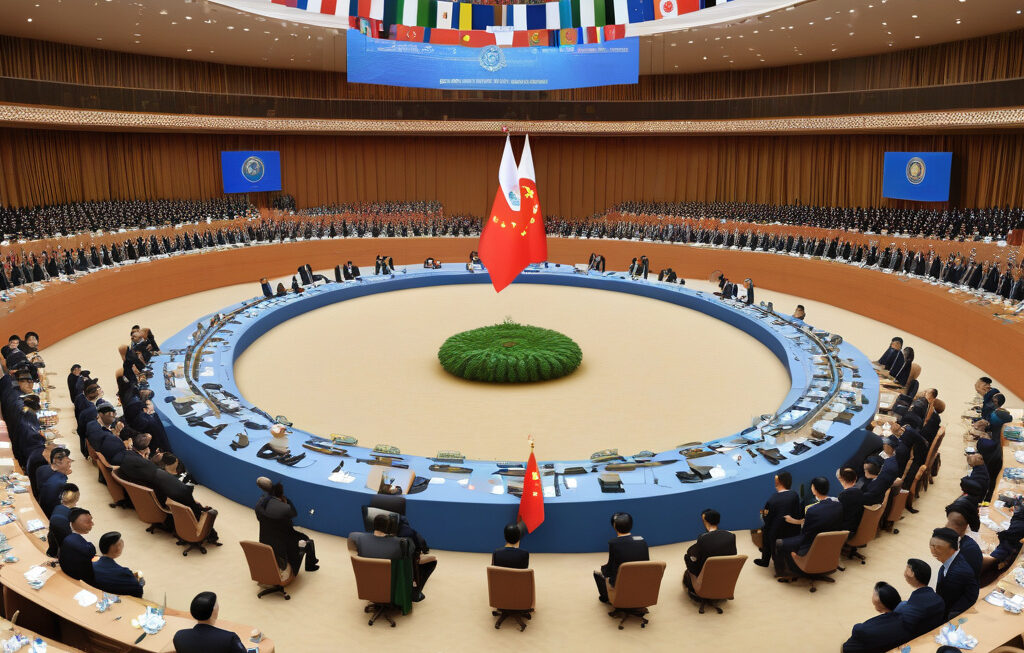European Commission Proposes Mutual Data Flow Agreement with Brazil
In a significant development for international data governance, the European Commission has put forward a proposal for a mutual data flow agreement with Brazil. This move is not only aimed at strengthening economic ties between the European Union and Brazil but also reflects a commitment to shared privacy standards and the support of consumers across both regions.
Data flows have become a critical component of modern economies, enabling businesses to operate on a global scale and facilitating international trade. However, concerns around data privacy and security have increasingly come to the forefront, prompting governments and regulatory bodies to take action to ensure that data is protected and managed in a responsible manner.
The proposed agreement between the European Commission and Brazil is a positive step in this direction. By establishing mutual data flow mechanisms, both regions stand to benefit from enhanced cooperation in areas such as technology, innovation, and cybersecurity. This agreement would not only facilitate the seamless transfer of data between the EU and Brazil but also set a precedent for future collaborations on data governance issues.
One of the key objectives of the proposed agreement is to align data protection standards between the European Union’s General Data Protection Regulation (GDPR) and Brazil’s General Data Protection Law (LGPD). By harmonizing these standards, businesses operating in both regions will have greater clarity and consistency in how they handle and transfer data, reducing compliance burdens and enhancing consumer trust.
Furthermore, the agreement underscores the commitment of both the European Union and Brazil to upholding the rights of individuals when it comes to the processing of their personal data. By ensuring that data flows are governed by robust privacy principles and safeguards, the agreement aims to protect the privacy and security of citizens on both sides of the Atlantic.
From a business perspective, the proposed data flow agreement has the potential to unlock new opportunities for companies operating in the EU and Brazil. By enabling the free flow of data while ensuring high standards of data protection, businesses will be able to expand their operations, drive innovation, and create new products and services that cater to a global market.
Moreover, the agreement is a testament to the growing recognition of data as a valuable asset in the digital economy. By establishing clear rules and frameworks for data flows, the EU and Brazil are sending a strong signal to the international community about the importance of data governance and the need for cooperation in this domain.
Overall, the proposal for a mutual data flow agreement between the European Commission and Brazil is a positive development that underscores the shared commitment to privacy, security, and consumer protection. By aligning data protection standards and facilitating data flows, both regions stand to benefit economically, technologically, and socially.
#EuropeanCommission, #DataFlowAgreement, #Brazil, #PrivacyStandards, #InternationalTrade












